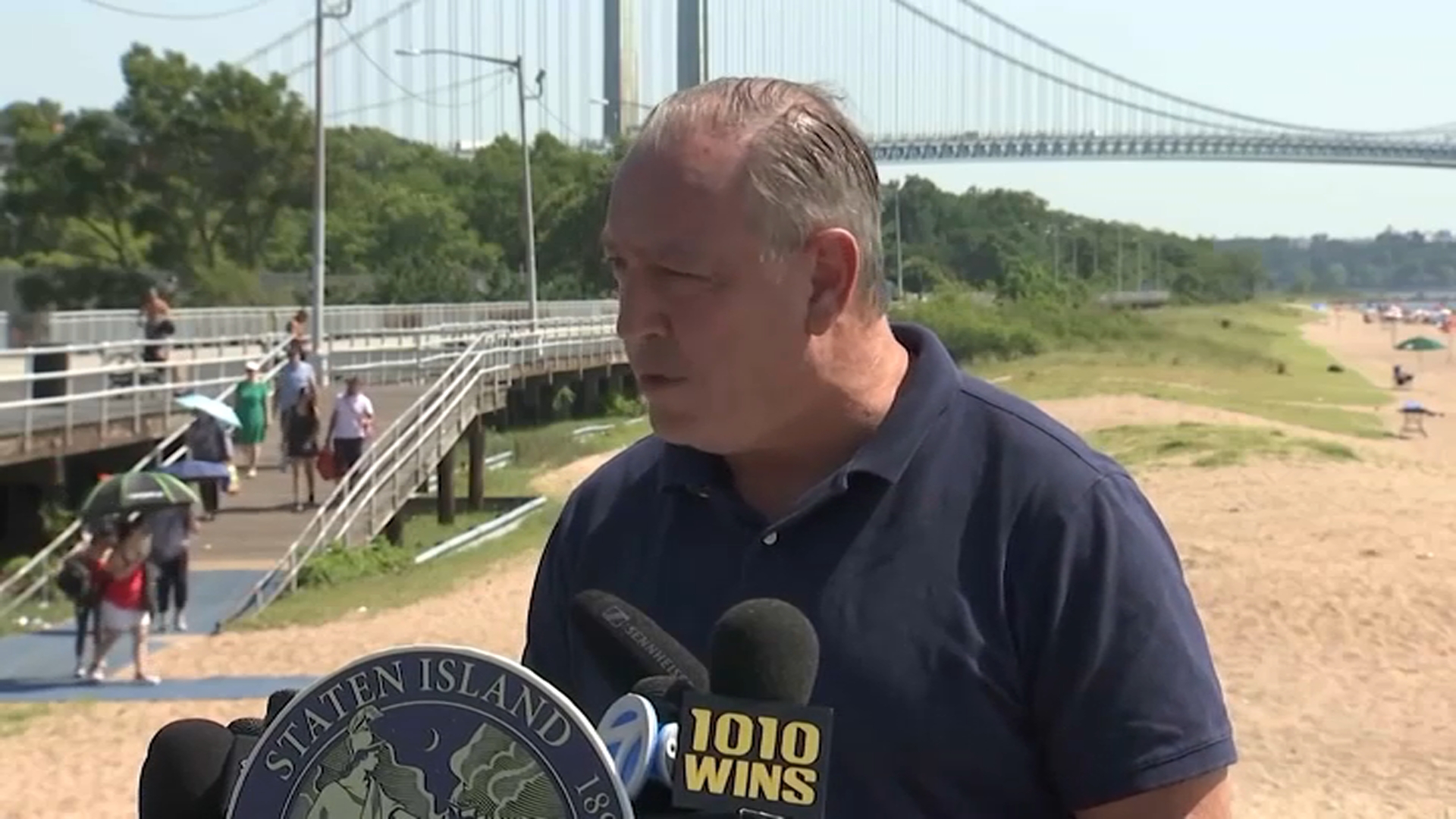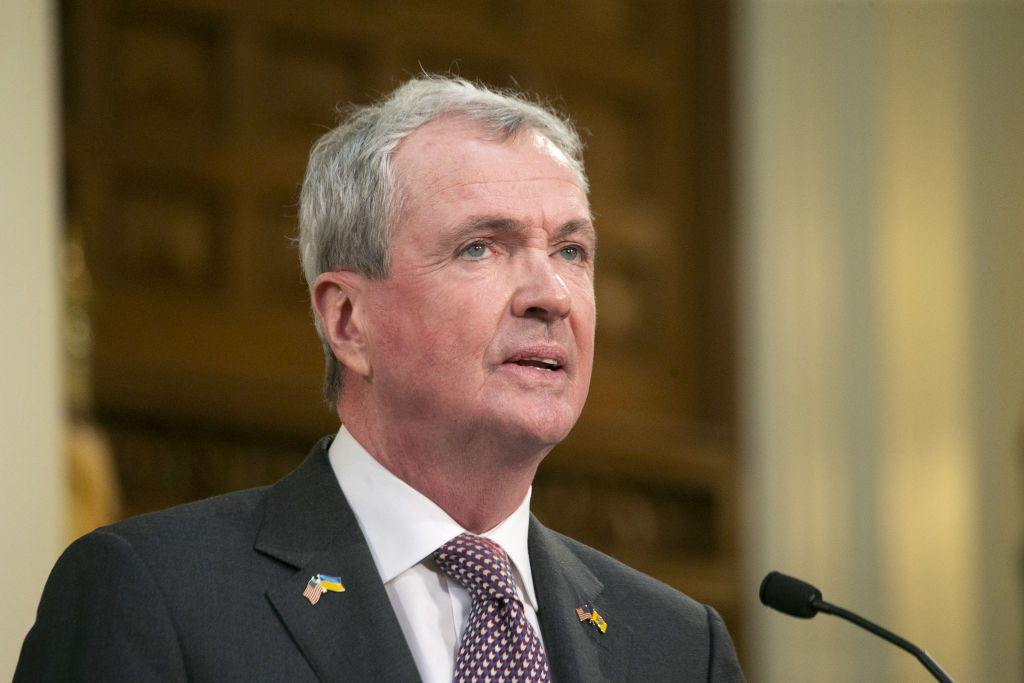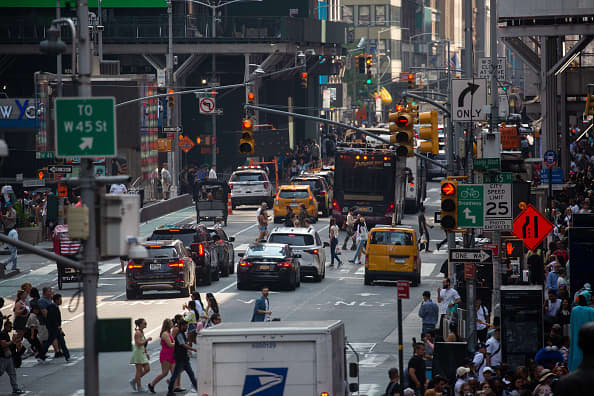What to Know
- The Traffic Mobility Board addressed the issue of whether some people should pay more than others when it comes to congestion pricing
- As of now, it is not clear what the base fare to enter Manhattan's central business district — a.k.a. anywhere south of 61st Street — will be set at, but it could be anywhere from $9 to $23 per trip
- Those who drive for a living, as well as commuters into Manhattan, say the additional payment is unfair, while those in favor say the plan is necessary to reduce traffic and to fund the MTA
As the controversy regarding congestion pricing in New York City heightens, with the planned implementation less than a year away, drivers continue to debate: Who should pay, and how much?
That was the topic of Thursday's hearing for the Traffic Mobility Board, which addressed the issue of whether some people should pay more than others. Some who drive for a living, such as truck drivers or cab drivers, said that congestion pricing is especially unfair for them.
"They kill my business, no more people take the yellow cab now," said a taxi driver.
Get Tri-state area news and weather forecasts to your inbox. Sign up for NBC New York newsletters.
"Uber and Lyft drivers have been taxed since 2019, and now they're talking about adding a second tax. It's not the drivers who decide to come into the city, it's the passengers," said Andrew Greenblatt, of the Independent Drivers Guild.
New Jersey Gov. Phil Murphy sent a letter on Thursday to the Traffic Mobility Board, asking for drivers from his state to be exempt, arguing they shouldn’t have to pay for the toll to take the Holland and Lincoln tunnels or George Washington Bridge in addition to an extra fee to go into midtown Manhattan. He argued that toll price should count as a credit toward the fee, to ensure they are not having to pay twice.
New Jersey has filed a lawsuit against the federal government in an effort to block congestion pricing. Staten Island has said it plans to sue the MTA over the plan as well.
"If the sidewalks of the city are congested or crowded, does that mean we should have a walking tax to deal with the congestion on the sidewalks," argued Staten Island Borough President Vito Fossella.
As of now, it is not clear what the base fare to enter Manhattan's central business district — a.k.a. anywhere south of 61st Street — will be set at, but it could be anywhere from $9 to $23 per trip. Scanners along West End Avenue have been in place for weeks, though the congestion pricing plan isn't set to go into effect until Spring 2024.
"The fairest thing is to keep the base toll as low as possible," said Carl Weisbrod, the chair of the review board, who emphasized that exemptions will result in higher fares for everyone else. "As soon as we start giving exemptions here and exemptions there, then people have a claim of saying it’s not fair benefitting X as opposed to Y."
The New York City Council also held a hearing on the matter, though no new ground was broken on who might get any possible exemptions — such as medical patients or those who live in areas without good public transit options. At the hearing, the City Council said they had received requests to exempt residents in certain areas, while also getting requests specifically not to exempt those same individuals.
Transit President Richard Davey testified at the morning hearing, saying the revenue generated from the plan will help make NYC's transit system state of the art — which will benefit everyone.
"That is what congestion pricing is going to buy, investment in our transit system. So we’re excited about taking this next step in the approval process," said Davey.
At a rally in support of the plan, advocates pointed to the other advantages.
"Buses will run faster, air will be cleaner, our streets will be quieter and calmer. And New Yorkers who rely on driving will spend less time stuck in traffic than ever before," said Elizabeth Adams of Transportation Alternatives.
Nothing was decided at the Traffic Mobility Board hearing. An independent mobility panel will ultimately decide how much each driver is charged.




